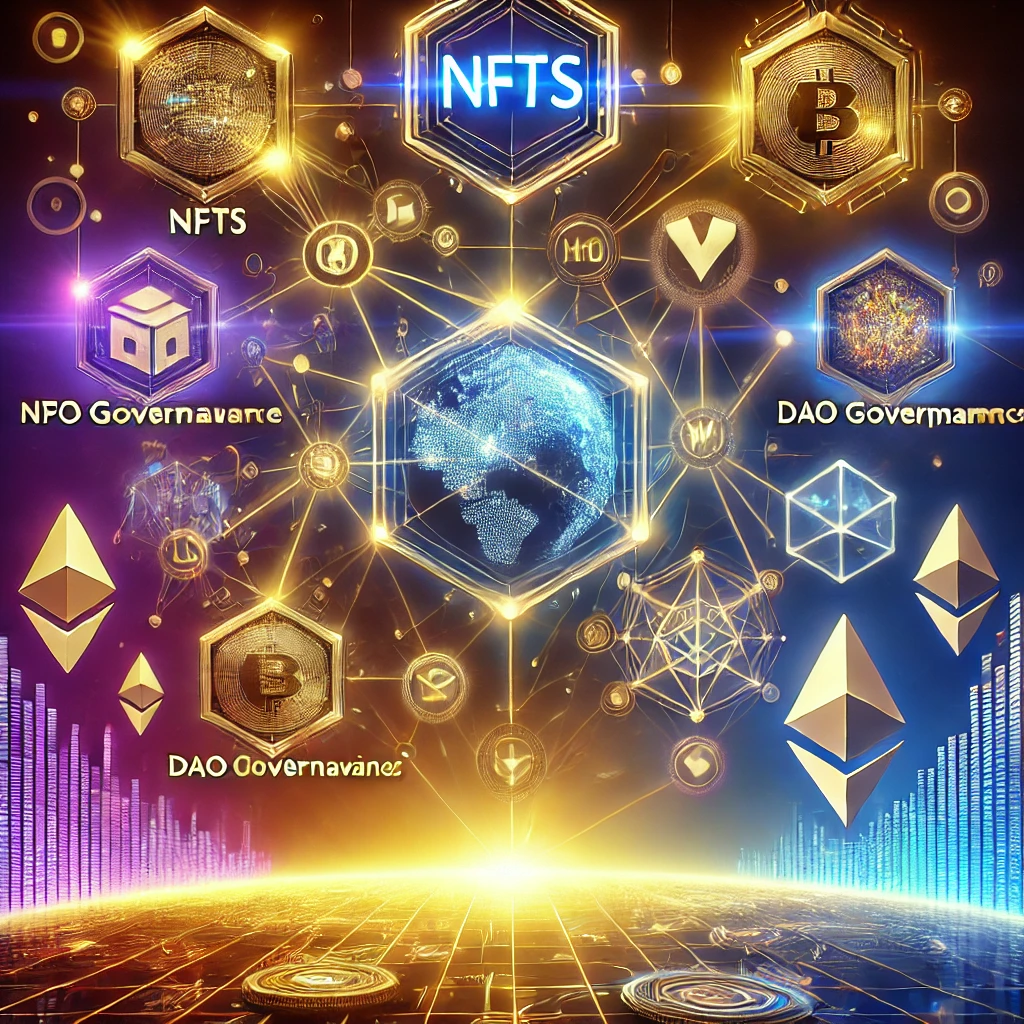As Web3 continues to expand, so does the regulatory landscape surrounding blockchain technologies and decentralized applications. For startups looking to scale across regions, understanding and navigating compliance challenges is essential to building trust and sustaining growth. This guide will explore the regulatory hurdles in major global markets and offer practical tips on how Web3 startups can remain compliant while continuing to innovate.
Understanding Regional Compliance Requirements
Regulatory frameworks for Web3 vary significantly by region. Here’s an overview of compliance considerations for Web3 startups in key global markets:
- United States
The U.S. regulatory landscape is one of the most stringent, particularly concerning cryptocurrencies and tokenized assets.
Securities Laws: Startups must ensure that their tokens don’t classify as securities under the Howey Test (used by the SEC). Tokens that qualify as securities require registration or an exemption, which can be costly and complex.
KYC/AML Requirements: Anti-Money Laundering (AML) and Know Your Customer (KYC) regulations are strictly enforced, particularly for platforms involving financial transactions.
Taxation and Reporting: The IRS requires crypto gains and losses to be reported, and startups operating in the U.S. should provide users with proper tax documentation and guidance.
- European Union
The EU is taking a relatively balanced approach to Web3 regulation, with a focus on user protection and transparency.
MiCA (Markets in Crypto-Assets) Regulation: Set to go into full effect by 2024, MiCA aims to standardize crypto regulations across the EU. It includes clear requirements for token issuers and crypto service providers, making it easier for compliant startups to operate within the EU.
GDPR Compliance: Startups handling personal data must adhere to GDPR standards, which emphasize data protection and user privacy.
AML and KYC Standards: Like the U.S., the EU enforces strong AML and KYC rules, especially for financial service providers, meaning platforms need to perform due diligence on users.
- Asia-Pacific (APAC)
APAC is home to a diverse regulatory environment, with some countries embracing Web3 while others remain more cautious.
Singapore: Singapore’s Monetary Authority of Singapore (MAS) provides clear regulations on digital assets, making it a friendly environment for Web3 startups. However, projects must ensure strict adherence to AML and KYC guidelines.
Japan: Japan has a well-established regulatory framework for cryptocurrencies, led by the Financial Services Agency (FSA). Japan requires token issuers to be registered and follow AML laws.
China: While China has banned cryptocurrency trading, blockchain technology remains permitted. Startups interested in China must work within this restriction, often focusing on private blockchain or blockchain-as-a-service (BaaS) solutions.
Takeaway:
For global expansion, Web3 startups need to understand and adapt to regional regulations, especially regarding securities, data privacy, and AML/KYC requirements. Staying informed and working with legal counsel are essential steps for navigating these complex regulatory landscapes.
Steps to Remain Compliant as a Web3 Startup
With a clearer understanding of the regulatory environment, here are actionable steps that Web3 startups can take to navigate compliance:
- Consult with Legal Experts Early
Engaging with experienced legal advisors in the Web3 field is one of the most effective ways to establish a compliant foundation. Advisors can help interpret complex regulations, avoid costly mistakes, and ensure that your business model aligns with legal requirements in each region.
- Implement Strong KYC/AML Protocols
For startups involved in financial transactions or asset management, implementing robust KYC/AML protocols is essential to comply with regulations and build user trust. Solutions like Chainalysis, Elliptic, or Blockpass provide services that help verify user identities, monitor suspicious activities, and report as needed.
- Register with Regulatory Authorities When Necessary
Depending on your region and services, some jurisdictions may require registration with local regulatory bodies. This can range from financial licenses to compliance certifications. Registering demonstrates your commitment to legal compliance and can improve your credibility with users and partners.
- Develop a Compliance Policy and Communicate It to Users
A well-documented compliance policy detailing how user data, transactions, and privacy will be managed is a great way to assure regulators and users alike. By providing clear terms of service and privacy policies, startups not only improve transparency but also prepare for potential audits.
Takeaway:
Taking proactive steps toward compliance, from engaging legal advisors to establishing KYC/AML protocols, will set your startup up for success and reduce regulatory risks in the long run.
Decentralization vs. Compliance: Striking the Right Balance
A key challenge for Web3 startups is balancing the ideals of decentralization with regulatory requirements. Here are some approaches to maintain this balance without compromising on compliance:
- Progressive Decentralization
Many projects start with a more centralized governance structure and gradually transition to a decentralized model. This approach allows founders to retain control early on while implementing compliance measures, and then transition to decentralized governance as they gain trust and credibility. DAOs (Decentralized Autonomous Organizations) are commonly used for this approach, enabling compliance processes to evolve with the project.
- Use of Hybrid Architectures
For some Web3 applications, a hybrid approach combining centralized and decentralized components can offer the best of both worlds. For example, centralized storage can be used for sensitive user data while blockchain is reserved for transactional data. This approach helps streamline regulatory compliance (such as GDPR) and improve data privacy.
- Privacy-Enhanced Decentralization
Innovations in privacy-focused technologies, like zk-SNARKs (Zero-Knowledge Succinct Non-Interactive Arguments of Knowledge), allow for privacy-compliant transactions on-chain without exposing user information. Startups using these technologies can maintain compliance with privacy regulations while upholding decentralization principles.
Takeaway:
Progressive decentralization, hybrid models, and privacy technologies enable startups to remain compliant while still embracing decentralization.
Preparing for Future Regulatory Changes
The Web3 regulatory landscape is evolving, and startups need to stay agile to adapt to future changes. Here are ways to future-proof compliance strategies:
- Modular Smart Contracts
By designing modular smart contracts, startups can quickly adjust parts of their code to reflect regulatory changes without needing to overhaul the entire contract. This approach enables flexibility and reduces potential downtime when adapting to new legal requirements.
- Regular Compliance Audits
Conducting periodic compliance audits ensures your project remains aligned with the latest regulatory developments. In-house or third-party audits can identify gaps and vulnerabilities, providing the opportunity to address them proactively.
- Join Compliance-Focused DAOs and Communities
Participating in compliance-focused DAOs or communities, such as The DeFi Alliance or the Blockchain Association, allows startups to collaborate with other Web3 projects, share best practices, and stay informed on regulatory changes. These communities often provide valuable resources and insights into navigating complex legal landscapes.
Takeaway:
Preparing for regulatory changes through modular smart contracts, regular audits, and participation in compliance communities can help your startup stay agile and resilient in an evolving market.
Resources for Ongoing Compliance Support
Finally, here are some resources that can provide ongoing support for startups navigating compliance:
Coin Center: A research and advocacy organization focused on cryptocurrency policy in the U.S. Their insights are invaluable for understanding upcoming regulations.
Blockchain Association: A membership-based organization that advocates for pro-crypto policies and provides resources for startups on navigating regulatory challenges.
Compliance DAOs and Forums: Communities like The DeFi Alliance and other compliance-focused DAOs provide a space for startups to collaborate on compliance solutions, share updates, and get advice from legal experts.
Conclusion: Building a Strong Compliance Framework for Global Growth
For Web3 startups, navigating compliance is a crucial aspect of scaling and entering new markets. By understanding regional regulations, adopting compliance-focused practices, and remaining adaptable to regulatory changes, startups can build a foundation for global success while maintaining trust and integrity within the community.
A proactive approach to compliance not only mitigates regulatory risks but also positions your startup as a trustworthy and resilient player in the evolving Web3 space. By aligning innovation with compliance, your startup can confidently navigate global markets and contribute to a more open, accessible internet.






